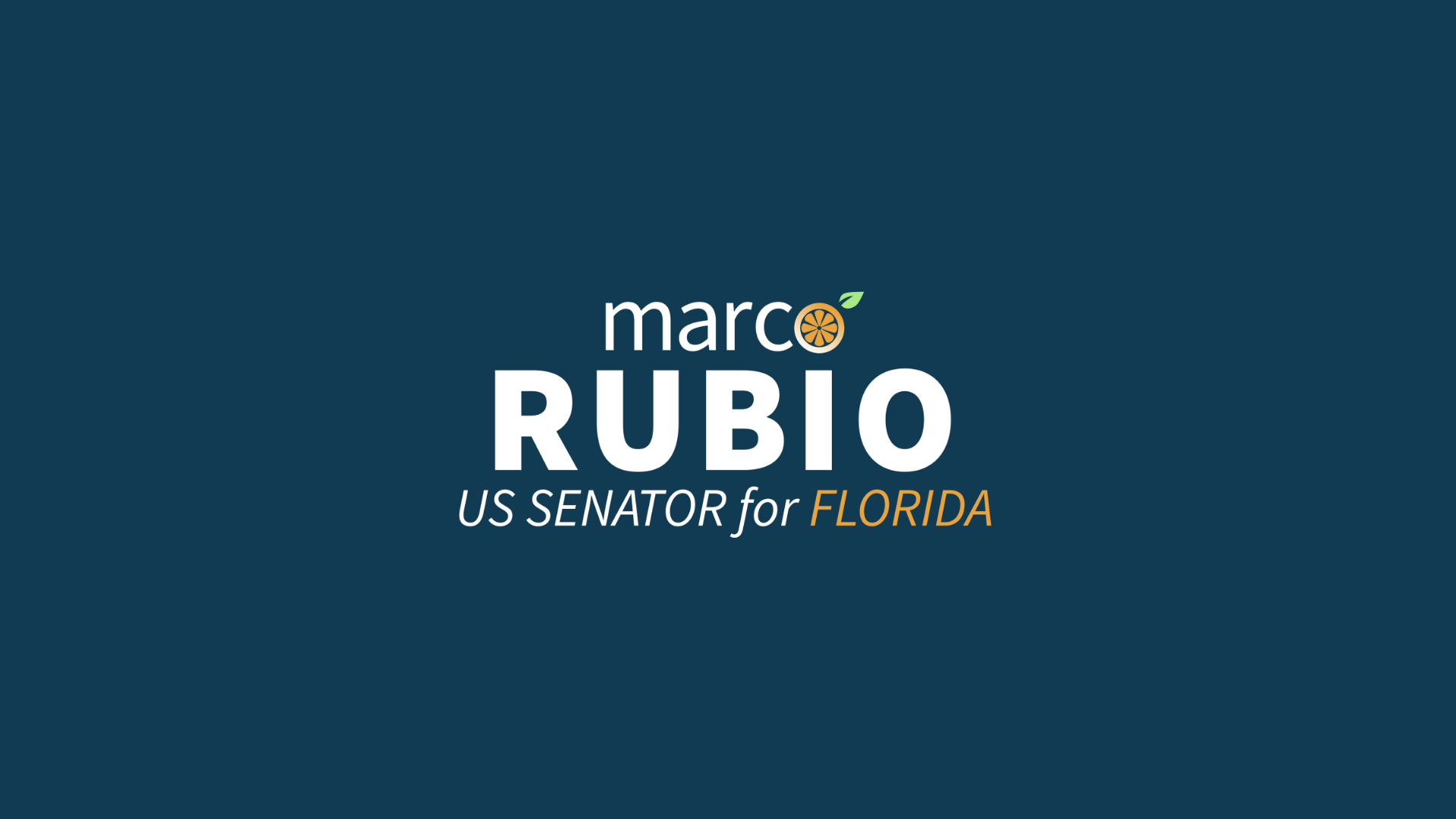Source: United States Senator for Florida Marco Rubio
Momentum is growing to ban Chinese state-owned app TikTok, but questions remain about how exactly that would happen, and when.
The ANTI-SOCIAL CCP Act, introduced by U.S. Senators Marco Rubio (R-FL) and Angus King (I-ME) and U.S. Representatives Mike Gallagher (R-WI) and Raja Krishnamoorthi (D-IL), is the only bipartisan, bicameral legislation that would actually prevent TikTok from operating in the United States.
Question: How does a TikTok ban work in practice?
The ANTI-SOCIAL CCP Act would block all economic transactions involving TikTok, immediately cutting off its access to critical functions needed to remain online such as app store listings, server access, and data storage. The app would rapidly collapse, depriving the Chinese Communist Party of a key tool to influence, manipulate, and spy on Americans.
Question: When will TikTok be banned?
The federal government already possesses the tools needed to stop Chinese-controlled TikTok from operating in the United States. ByteDance’s acquisition of the app has been under a national security review since 2019, during which TikTok has added more than 100 million U.S. users.
Unlike other legislative proposals, the ANTI-SOCIAL CCP Act would not allow for further delay. Once signed into law, it would require the president to use the International Emergency Economic Powers Act to block and prohibit all transactions with TikTok, its parent company ByteDance, or any subsidiary or successor companies within 30 days.
Question: How can TikTok avoid a ban under the ANTI-SOCIAL CCP Act?
Unlike the current process—and other legislative proposals—the ANTI-SOCIAL CCP Act puts the burden on the company, which America’s top intelligence officials confirm is a national security threat.
The only way for TikTok to avoid a complete transaction ban would be a presidential certification to Congress that TikTok is not:
-
headquartered or organized under the laws of a country of concern,
-
controlled by a country or entity of concern,
-
using software or algorithms controlled or whose export is restricted by a country of concern or entity of concern, or
-
subject to substantial influence, directly or indirectly, from a country of concern or entity of concern, including the forced sharing of data or changing of content moderation.
Question: Would other apps be banned under the ANTI-SOCIAL CCP Act?
The ANTI-SOCIAL CCP Act requires the president to block and prohibit transactions with social media companies owned or otherwise controlled by countries or entities of concern. It is possible the executive branch could take swift action against apps like WeChat, RenRen, and other similar apps.
Put another way, the ANTI-SOCIAL CCP Act creates a framework and clear statutory authority for this administration and future administrations to block the operation of hostile foreign apps. It does so while explicitly deeming that TikTok and ByteDance meet the criteria for such action, because there can be no more ambiguity about this threat.
